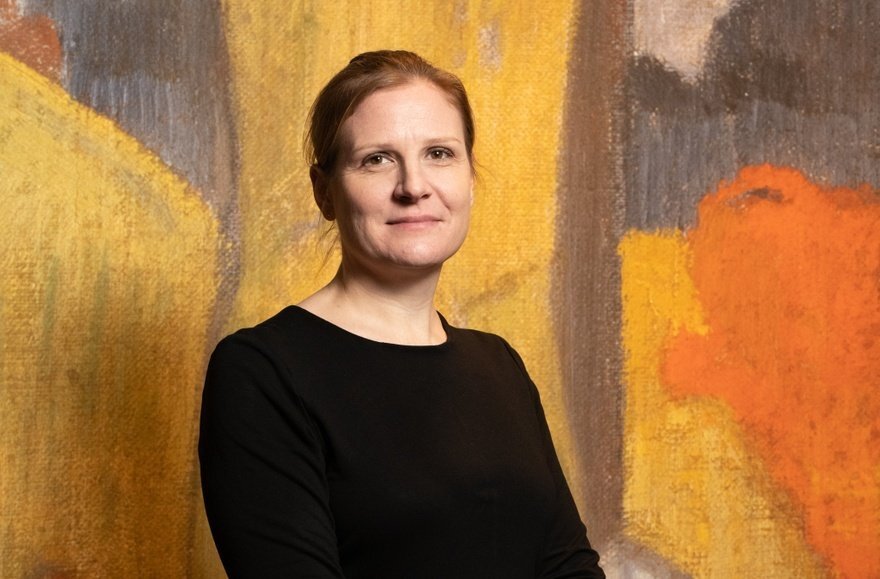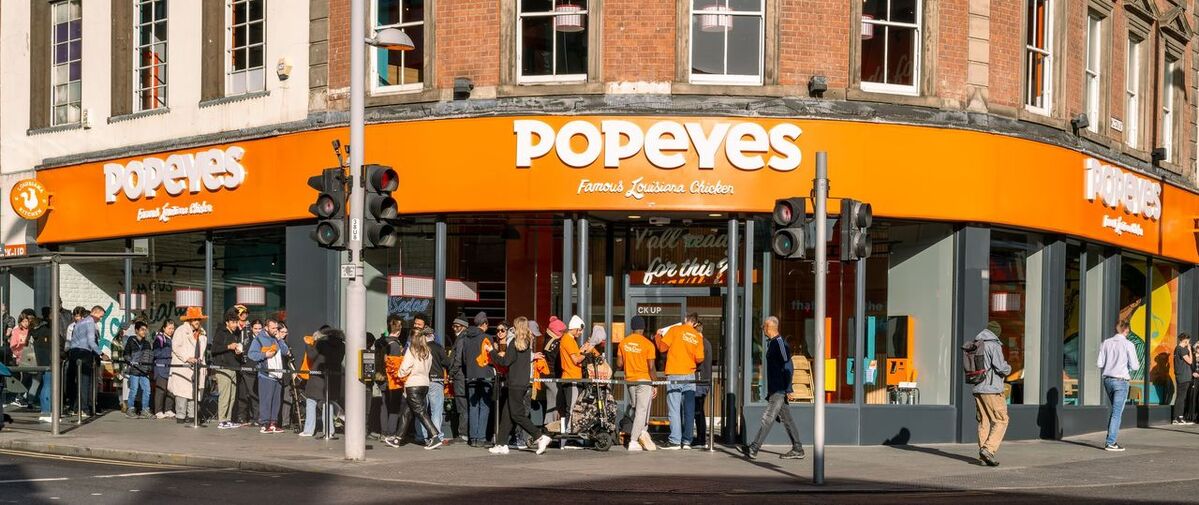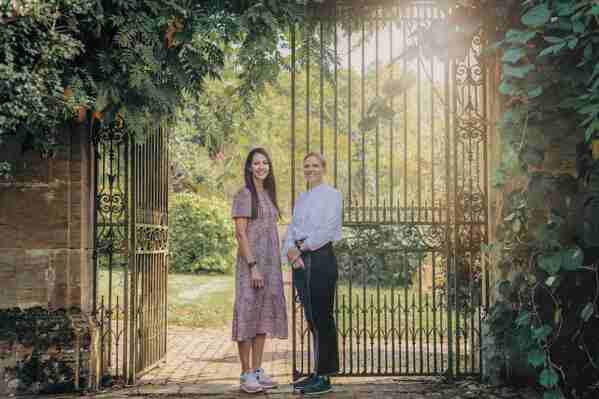Inside track: Recycling can be more cost effective, says Chantelle Nicholson
Separating what you throw away isn’t a waste of your time, says Chantelle Nicholson
How many bins do you have for different waste streams? There are some rather astounding statistics when it comes to how much recycling and general waste is collected in the UK and where it ends up. Although there are no statistics on business waste collection, I think the figures would be similar in the hospitality sector.
I often hear the word landfill used. Sometimes, in the context of waste biodegrading and therefore it being a positive thing when biodegradable packaging goes into what is defined as ‘general waste’, it will go to landfill and, in a number of years, it would have degraded into the soil. Hoorah, all is well and good… right?
“It is more cost-effective to recycle than to lump everything in one red bag (here’s looking at you, Westminster Council)”
Not so, unfortunately. There are some rather startling statistics on this. In December 2021, the Department for Environment, Food & Rural Affairs published a report on household waste figures (yes, this includes a substantial proportion of the lockdown period, granted).
In the financial year ending March 2021, local authority-collected waste sent to landfill in the UK totalled 7.8% (1.4% in the Greater London area). Whereas waste sent for incineration accounted for 48.2% (63.3% in Greater London), and waste collected for recycling totalled 43.3% (yet for Greater London this figure was just 33.5%).
So, when all your waste goes into one bin, its most likely destination is a large incinerator, pumping out heat (yes, some of which is used to generate energy) and those dreaded emissions.
In the circular economy model, the reduction of single-use goods is a key factor. Recycling definitely plays a part, but the intent is to do all you can to minimise the need for things to be replaced or wasted, as this uses valuable resources along the way. Which brings me onto the point of one bin being, well quite frankly, rubbish. Yes, I fully appreciate how space is an issue in most hospitality businesses (space generally equates to revenue) but surely, if your waste output is the same volume, then it is the same whether it is in one large bin or two smaller bins. Ideally, your waste will be separated into as many streams as possible for collection, but if this can just be three (food, mixed recycling and general waste) then that is a definite step in the right direction. And no, it shouldn’t cost you any more, as in my experience (albeit limited to central London), it is more cost-effective to recycle than to lump everything in one red bag (here’s looking at you, Westminster Council).
No business or household in this current climate should be ignoring the need to be conscious about their outputs. Pleasure and joy must be present in life, but so should an awareness of the consequences of our actions, and the need to take a little time to play our part in creating a better future for all. This is a topic I could perhaps write an entire magazine’s worth of rhetoric on, but for now, here’s my two cents’ worth to get you thinking.

















